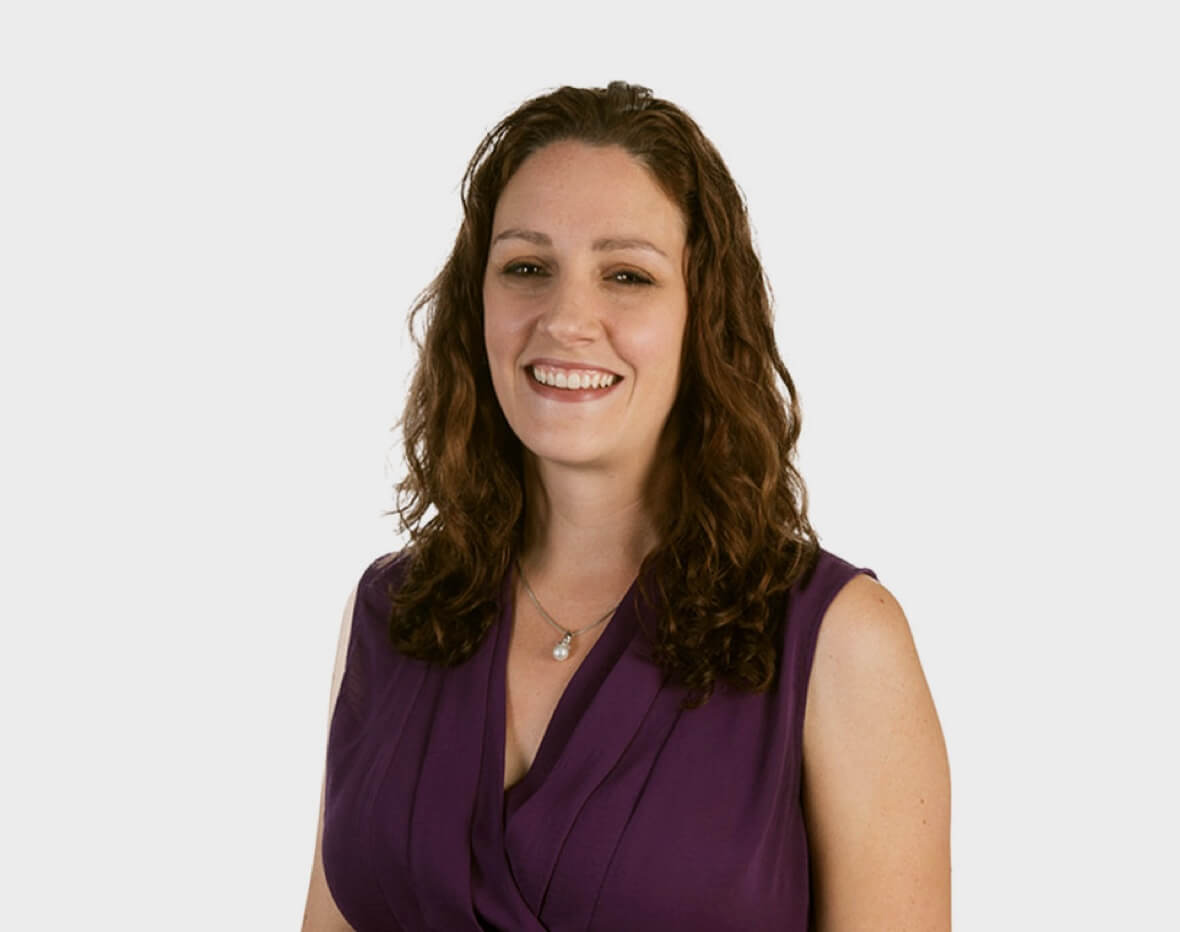Apr 15
2019
HXD 2019: Driving Real World Change
By Amy Heymans (Cueva), founder and chief experience officer, Mad*Pow.

The scene: a brisk, sunny spring morning by the Charles River in Boston. More than 300 of the health industry’s brightest minds gathered from across the globe for two days of presentations, workshops, discussions and connections. The ninth annual Health Experience Design Conference, hosted by Mad*Pow’s Center for Health Experience Design, took place on April 2 and 3, 2019, and focused on designing for transformative change in health.
Mad*Pow launched the HXD Conference in 2011 to fill a void at the crossroads of health and design, and to explore how human centered design and innovation could transform health. Each year, HXD brings together a diverse community of executives and practitioners in design, innovation, research, strategy and technology to help accelerate the transformation of our health system. Presentations from high-profile thought leaders and health futurists provide inspiration and energy, and thoughtfully designed workshops and interactive activities spark discussions and form connections.
The theme of HXD 2019 was “Real World Change: Improving Health through Design and Innovation.” This theme was explored through presentations and workshop tracks on designing for health behavior change and systems change, health equity and disparities, service design in the healthcare space, and financial wellbeing. Eleven diverse and compelling keynote speakers addressed the conference from the main stage, including Steve Downs, chief technology and strategy officer at the Robert Wood Johnson Foundation; Karen Dillon, New York Times best-selling author; Cheryl Dahle, founder and CEO of Flip Labs; Vanessa Mason, research director of Institute for the Future; and Travis McCready, president and CEO, Massachusetts Life Sciences Center.
Steve Downs challenged attendees to consider how we might use technology to re-imagine and re-shape the fundamentals of everyday life to improve health. For this to succeed, we must establish health as a core value and explicit design goal, and embed it deeply within everything we design.
Karen Dillon, author of NYT best seller How Will You Measure Your Life, encouraged each attendee to ponder the course of their life and whether their resource allocation matches their goals. She urged the audience to consider whether they find intrinsic motivation in their jobs, and whether they’re standing for something they’re proud of.
Cheryl Dahle detailed her work with Flip Labs to tackle the global overfishing problem, and used this example of transition design to highlight the similarities between various complex human systems. Vanessa Mason examined shifting power dynamics in healthcare, including changes in gender norms as they relate to the tech industry, health struggles faced by millennials, and mental health and gaming addiction.
Travis McCready talked about how to balance the life science industry’s focus on costly precision medicine against the need for accessible health for all. He left attendees with three reflections: You are what you eat, your environment matters and drugs and devices should be seen as the last resort, not the first resort.
HXD also offered fifteen workshops, tracks, lunch and learns, and panel discussions for attendees to choose from. These break-out sessions featured presentations and moderators from a wide range of backgrounds and organizations, including AARP, Mount Sinai Hospital, Kaiser Permanente, Harvard Medical School, Humana, John Snow, Inc., Fidelity, and many more. Sessions covered a wide range of topics, such as participatory design, health literacy, UX design, health equity, and patient experience.
HXD included an invitation-only leadership forum where leaders in healthcare came together to learn about and discuss key trends in health experience design. The conference also featured poster session displays, the announcement of the 2019 Health x Design Challenge, a cocktail reception, and musical performances by Berklee Musical Artists for Social Impact. HXD 2019 was notable for its diversity of both presenters and audience, with a large proportion of millennials in attendance. The focus on inclusion, equity, and empowerment in health was appreciated by attendees, many of whom commented on the community feel. Vanessa Mason summed up the goal of HXD as she closed her keynote by urging attendees to “use your power to design a better future of health.”